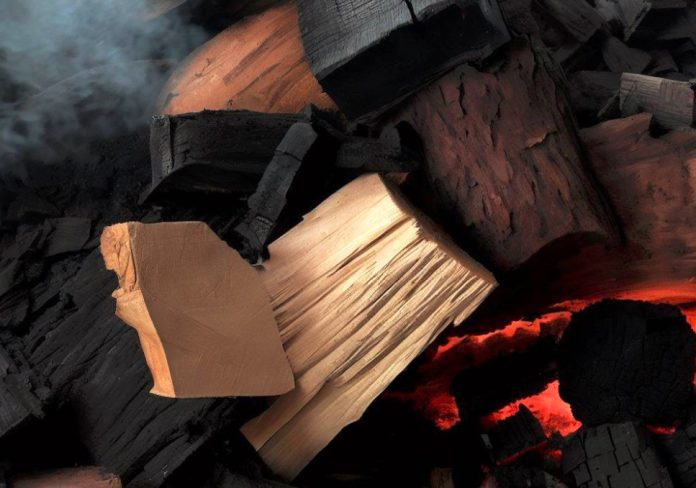News in brief: The Nigeria Customs Service has announced lifting the ban on processed wood exports, including charcoal and other related products, while still maintaining the ban on endangered species.
The Nigeria Customs Service has announced lifting the ban on processed wood exports from the country. According to a circular that media houses obtained, the lifted ban affects charcoal and other allied products, likely plywood, wood pulp, and more.
The circular was dated June 8 and referenced a letter from the Federal Ministry of Finance that was written three days prior. However, the directive said that there is still a ban on threatened plants and endangered species like Rosewood and others listed by the Convention on International Trade in Endangered Species of Wild Fauna and Flora (CITES).
Also, exporters must submit an approval letter from the Federal Ministry of Finance, Budget and National Planning when requesting to export processed wood, charcoal and other allied products.
“Furthermore, in addition to strict compliance with the provisions of the extant guidelines for non-oil export, you are directed to collaborate with the Forest Officers at the ports and borders for proper identification and prevention of exportation of prohibited wood products,” the circular added.
A little digging showed that the federal government lifted this particular ban since January 2023. It is a bit confusing why the country’s customs service is making the announcement again. At the initial point of lifting the ban, the Minister of Environment, Mohammed Abdullahi, said that many businesses had suffered due to it.
The global wood charcoal market is projected to reach $25 billion by 2030 while the entire processed wood market is valued at nearly $158.35 billion. Buhari’s administration is said to have banned processed wood in 2018 and 2019 but there was already a ban on fuel woods and charcoal since 2011.
Lebanon, the United Arab Emirates, and Israel are top export destinations for Nigeria wood charcoal, according to the World Integrated Trade Solution (WITS) of the World Bank.



